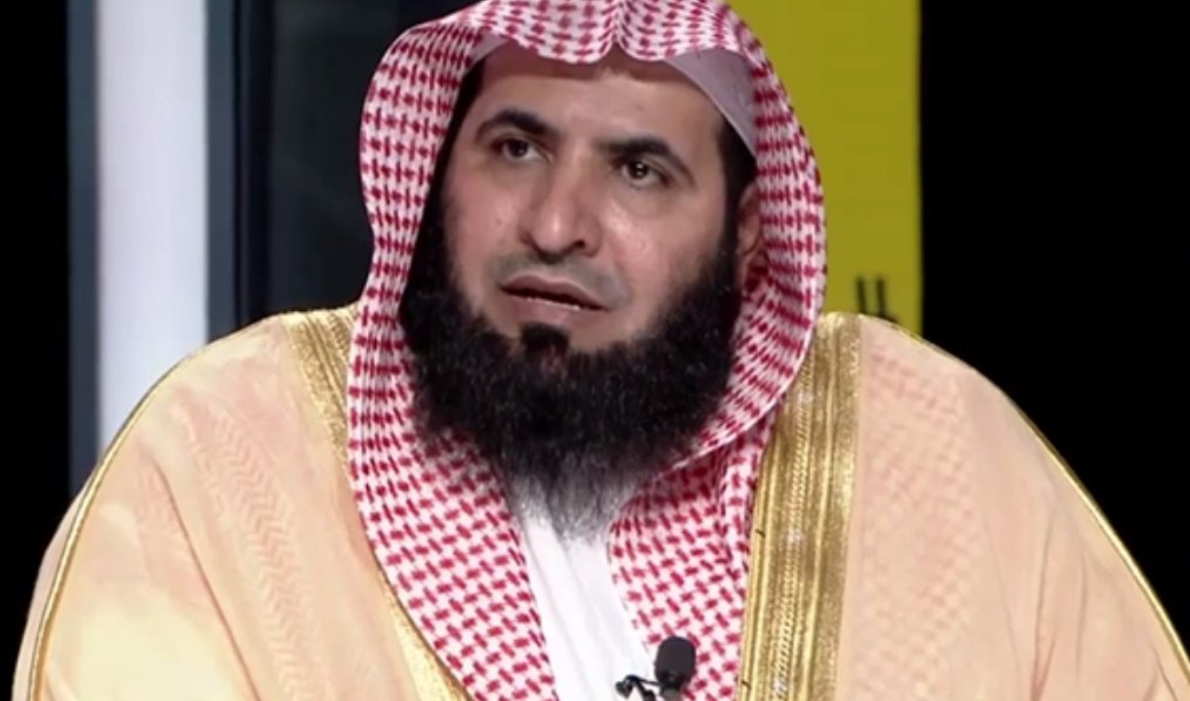
Joseph Borrell: "You can't say I consider you a terrorist because I don't like you."
In a rare admission, the EU top diplomat suggests that the label “terrorist”, when used by politicians, can be void of any legal validity. Speaking before a meeting of EU foreign ministers which will discuss the designation of Iran’s revolutionary guards, a branch of the Iranian armed forces, as a terrorist entity, he declared that "You can't say I consider you a terrorist because I don’t like you."
The European Union foreign policy chief, Joseph Borrell,
conditioned the validity of the designation by a court ruling: "This
matter cannot be decided without a court, a court decision first."
He pointed out that a court in an EU member state must issue
a concrete legal conviction, before the bloc itself can move in this regard.























































